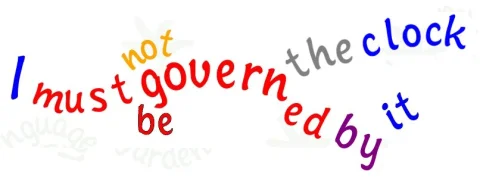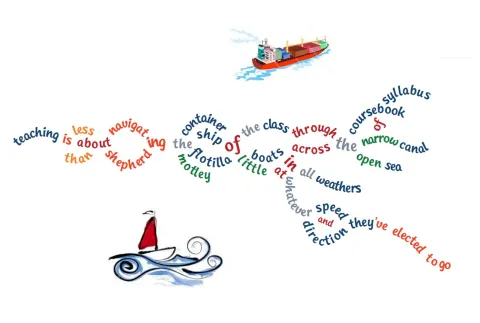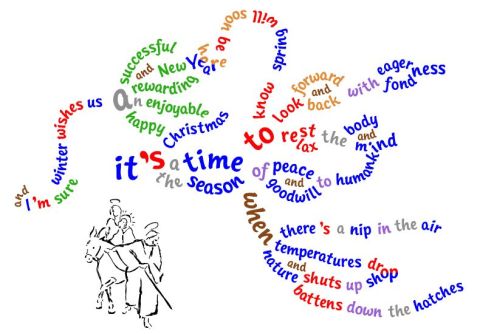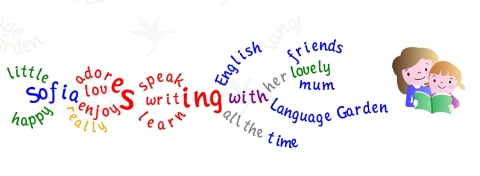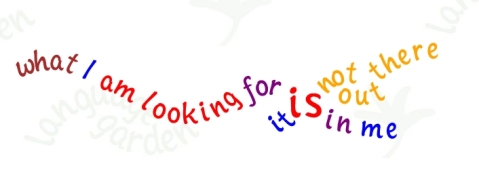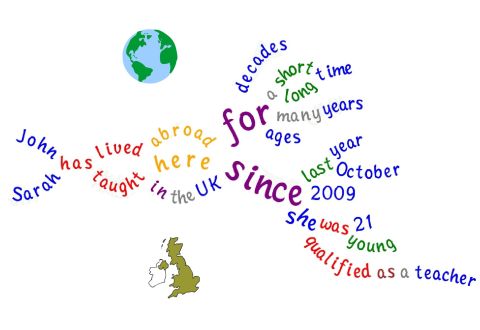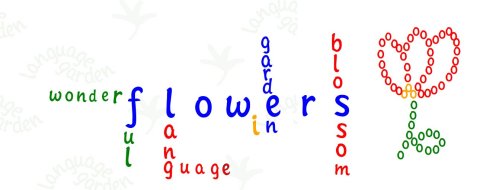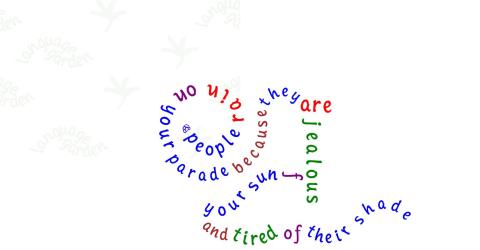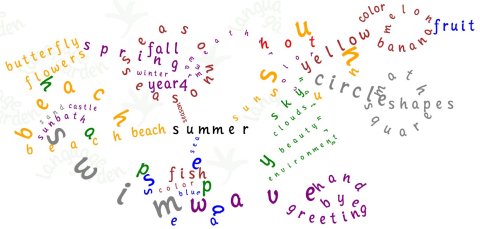Rock Mclimbing*
February 21, 2014 § Leave a comment
“Climbing to the top demands strength, whether it is to the top of Mount Everest, or to the top of your career.”
A. P. J. Abdul Kalam, one-time President of India
To this above quote, I’d add learning a language. It can be a long, arduous climb.
I did a bit of rock-climbing at school. Ideally, you’re told, keep three points in contact with the rock face at any one time. Two feet and one hand; two hands, one foot. Only once you’re an expert should you consider dangling over a precipice by a fingertip or two.
I’ve been spending some time over the last 6 months or so, on and off, learning Arabic, mostly by myself, with YouTube videos and a grammar book, but with a few hours, one-to-one, in the company of a couple of Arabic tutors. It’s the structure of the language I’m particularly interested in, and the writing system.
Here is what I’ve found:
At first I couldn’t even work out where one letter started and the other finished. I didn’t know which dots belonged to which squiggles. Some English ex-pats I know in the Middle East call it spaghetti writing.
I see a word, I hear it. A few days later, not only have I forgotten it, I have no recollection of ever meeting the word. I’m convinced I’ve never met it before, until I flick back through my Arabic notebook and see I’ve written it down.
It takes me numerous sighting before I even begin to recognise the word as a whole, to “know it on sight”. Usually, I have to sound out the letters, getting many wrong, so my offering is often largely inaccurate. A dot above a short squiggle is obviously pronounced differently from a dot below a slightly longer squiggle. Obvious in hindsight, or rather hindhearing.
Arabic doesn’t have to show the vowels in the word (it can do, with diacritics), only the consonants, so I am basically guessing the vowel sounds. If it were English, I’d be saying things like “ilafont” instead of “elephant”, “fatbil” for “football”. Some of you will spot the similarity between me and the English policeman in “Allo Allo”.
One set of YouTube videos I found was quite good, they’re just a collection of phrases with say 6 or 7 words. At first, I can pick out a word or two. After literally 20 playbacks, I can hear every sound and every syllable, understand every word and say it back, and know what I’m saying. Progress. Very much so. But also very much slow.
So, what do I want, need, as a language learner, at least as a self-access resource, something I can use by myself?
Well, actually, I want language plants.
What are these?
A way of presenting collocations, lots of them, and the interactive ones have lots of listening practice, changing a word here, another there, keeping three words out of four, say, at any one time. What I don’t want is to hear a sentence, then another one, then another, and another, in a seemingly never-ending stream of “engaging” content. That’s like hanging off a cliff face by my fingernails.
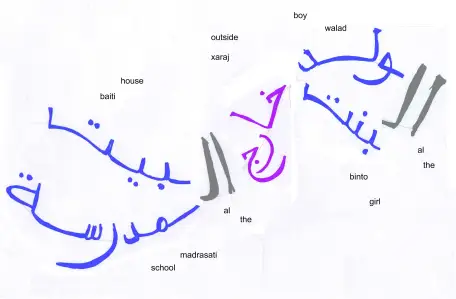 *The title, “Rock Mclimbing” is a reference to the McNuggets view of grammar splicing.
*The title, “Rock Mclimbing” is a reference to the McNuggets view of grammar splicing.
The Passing of Time
October 29, 2013 § Leave a comment
“Autumn is a second spring
when every leaf is a flower.”
Albert Camus
We all know that February stands brave and alone in being the shortest month of the year, a mere 28 days (normally). It’s a shame there isn’t a longest month. Or is there??
“I must govern the clock,
not be governed by it.”
Golda Meir
In fact, at least here in England, there is a longest month! It’s October. The clocks just went back an hour last Saturday, so we gained an extra hour. October is therefore 31 days and 1 hour. Congratulations October, you’re the winner! If not a bit blustery.
Happy New Year
January 2, 2013 § 3 Comments
Happy new year to my friends
and happy new year to my family.
Happy new year to those I am close to
and happy new year to those I am not close to.
Happy new year to those I hope to meet this year.
Happy new year to those who I will meet this year
and happy new year to those who I will never meet.
In fact, happy new year to everyone,
and of course, happy new year to you!
Reap what you sow
June 17, 2012 § 7 Comments
“If you have plans for a year, sow rice.
If you have them for a decade, plant trees.
If you have them for all your life, educate a person.”
Chinese saying
I like it when art brushes against science, when science questions art. The two seem to go hand in hand.
Making the Spanish plant earlier today, as I pieced together the words, I was looking for rules, inquiring about structure. Here are some of the things that caught my attention, and which made me think about how I wanted to express them.
“Arroz” and “árboles” both start with “ar”, although “árboles” has an accent, which I’ve positioned high up off the “a” so it doesn’t attach to “arroz”.
“Para” and “por” are variants of each other. I don’t know what the rule is but I’ve learned the phrases as chunks; perhaps it’s based on singular or plural. It doesn’t seem to be whether it’s masculine or feminine, because “vida” and “año” both take “para”.
The imperative seems to end in “a”: “planta”, “siembra”, “educa”. I decided to share this letter, and make it big to emphasise this rule (and allow the three verbs to fit nicely into it).
The pronoun “los”, substituting for “planes” comes before the verb. You can choose one or the other of the (pro)nouns, the blue words, but not both together.
Language plants are scientific. They aim to demonstrate rules, linguistic rules.
A piece of art has no reason for being, other than to exist as itself, and give pleasure. Language plants certainly brighten up my life, and they seem to make others smile too, which I find immensely gratifying.
So whether you’re first and foremost an artist or whether you’re a scientist, please consider making a language plant with the plant maker, and popping it in the new Language Gardening facebook group for everyone to go “ooh” and “aah”, like María Inés has so kindly done. It’s her very first plant as well! A big round of applause for her, don’t you think (if you’re a scientist), or feel (if you’re an artist)?



